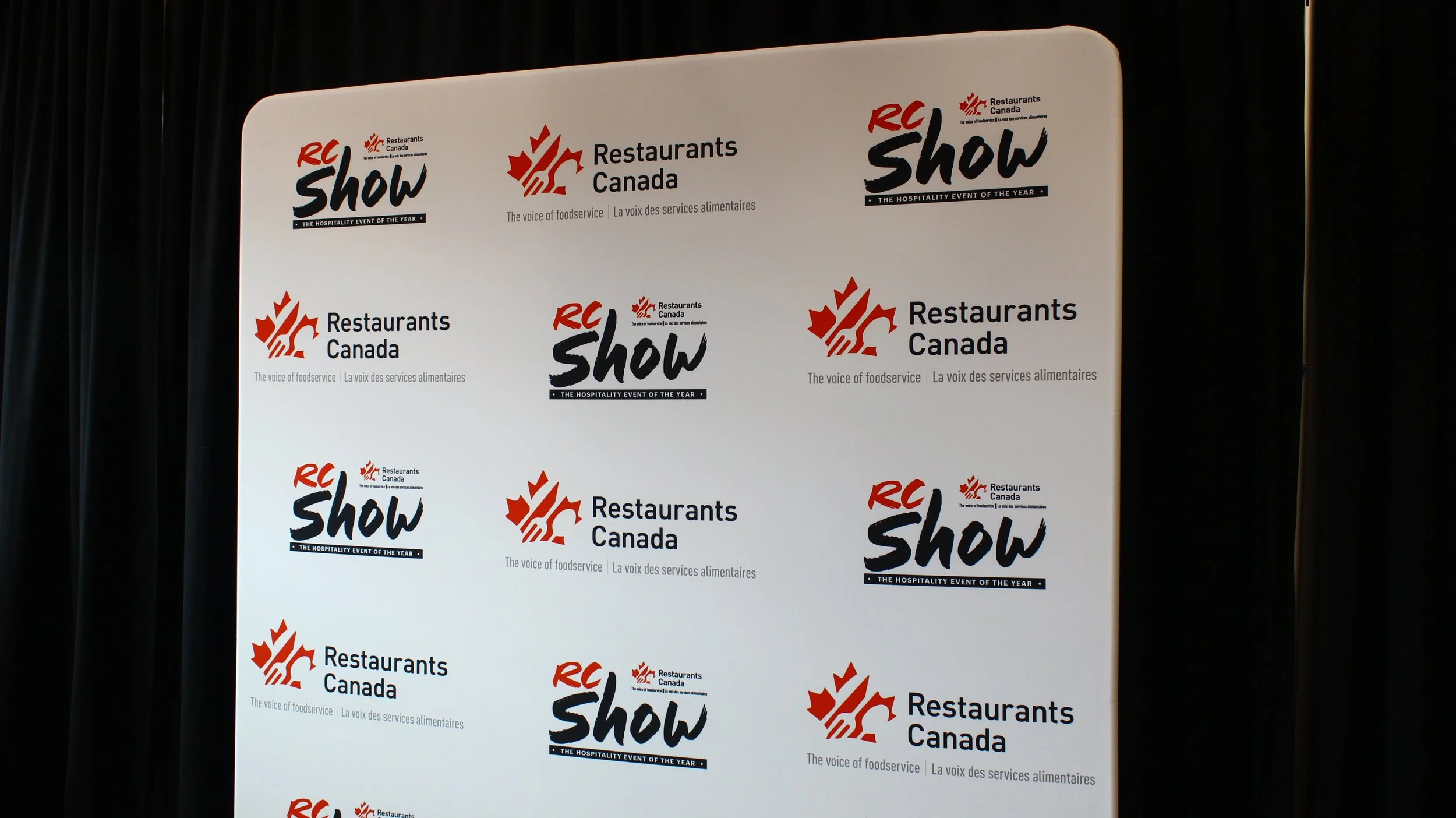LEAF is thrilled to announce the launch of the Sustainable Foodservice Professional online program!
Working in the industry for the past 10 years, it became obvious to us that there was a gap. Often times restaurant owners and leadership had the best intentions and plans for how to make their restaurant more sustainable, but front line staff weren’t always equipped with the knowledge or skills to support that effort. Or sometimes, leaders themselves would make poor sustainability decisions, not having the foundational knowledge to make good ones. We knew we wanted to find a way to bring that foundational knowledge to the masses, in a convenient, inexpensive and accessible way.
For the past 3 years, LEAF has attended the Restaurants Canada Show in Toronto and had the pleasure of meetings hundreds of people in the industry, including instructors at Canada’s best Culinary and Hospitality schools and their students. Both instructors and students told us they were interested in having sustainability education to supplement their programs.
So, in 2019, we got to work. LEAF, in partnership with industry expert André LaRiviere of The Next Course™, has created an industry first: a ground-breaking online sustainability program for both Foodservice and Hospitality professionals, and Culinary and Hospitality students: The SUSTAINABLE FOODSERVICE PROFESSIONAL (SFP) CERTIFICATE PROGRAM.
With other global issues demanding urgent attention, there’s more change in store for the restaurant and hospitality industry, and the communities who support and sustain it. One smart way to prep for those challenges is to future-proof.
The Sustainable Foodservice Professional (SFP) program provides inspiring e-learning experiences on best practices in future-proof sustainability principles across all aspects of foodservice & hospitality operations and management.
Students learn how basic sustainable policies and adaptable practices provide the kind of resilience essential for businesses and careers. Featuring experts and leaders in the Culinary and Sustainability industries, the SFP Student Edition will help participants to add in-demand, strategic skills and enhance their career prospects.
✔ Learn the foundations of a sustainable foodservice operation
✔ Reduce personal and professional environmental impact
✔ Rise to the top of the hiring pool
✔ Learn the skills that will save businesses money in reduced energy, water and waste!
Designed for mobile learning, the SFP Level 1 course combines inspiring videos, challenging quizzes and practical resources in bite-sized lessons, covering the essentials in five sections. Each explores a particular set of choices every operation must make, from menu concepts, sourcing products and equipping kitchens to staff policies and customer communications; and outlines the many opportunities to embed future-proof policies and solutions into those options.
What students are saying about the SFP Student Edition:
“Great course, well produced and very inspiring. Loved the videos!”
“I understand sustainability in a deeper and more comprehensive way.”
“This course has inspired me to reduce my footprint and improve on sustainable practices.”
The SFP Level 1 Student Edition is available for individuals or groups:
Individual Student: $49 + HST
Groups (30+) for Culinary/Hospitality Programs: Starting at $949 + HST
Take advantage of a Special 20% Introductory Discount Until June 2021
Visit SFPcertificate.ca for more information or to register.











